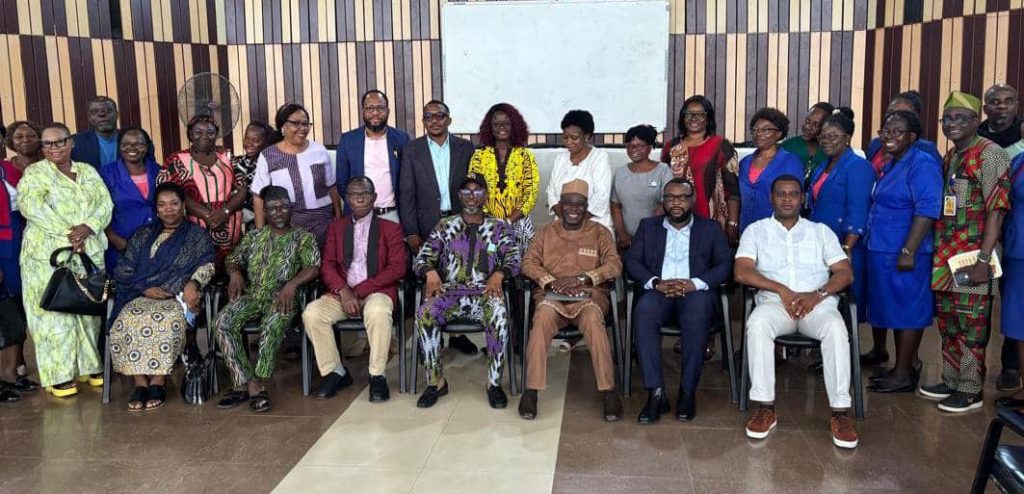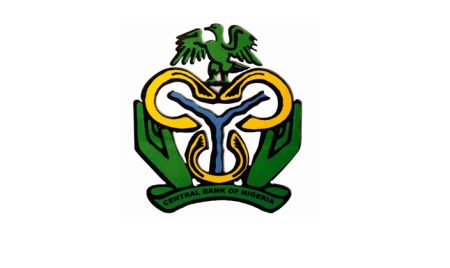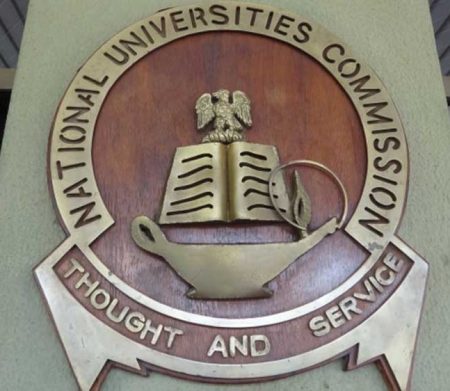Paragraph 1: Introduction to the NHIA-Roche Cost-Sharing Initiative
The National Health Insurance Authority (NHIA) in Osun State, Nigeria, has emphasized the importance of accessible and affordable cancer treatment. They advocate for utilizing health insurance as a crucial tool in managing the financial burden of cancer care. This call to action coincides with the launch of a groundbreaking cost-sharing initiative between the NHIA and Roche Nigeria, a leading pharmaceutical company. This partnership aims to significantly reduce the cost of cancer medications for enrolled patients, making treatment more accessible and sustainable. The initiative underscores the growing recognition of the financial strain cancer treatment places on individuals and families.
Paragraph 2: Details of the Cost-Sharing Mechanism
The NHIA-Roche cost-sharing initiative operates on a tripartite model, distributing the financial responsibility among Roche, the NHIA, and the patient. Roche Nigeria contributes 50% of the cost of the designated cancer drugs, while the NHIA covers an additional 30%. This leaves the enrolled patient responsible for only 20% of the total cost, a substantial reduction from the full price. This program is specifically designed for individuals enrolled in the National Health Insurance Scheme (NHIS). Even those in the process of enrolling can benefit from the initial 50% discount offered by Roche until their enrollment is finalized, at which point the full benefits of the cost-sharing program take effect.
Paragraph 3: Encouraging Health Insurance Enrollment
The NHIA stresses the importance of health insurance enrollment, highlighting the long-term benefits it offers, especially for chronic and costly illnesses like cancer. The agency emphasizes that health insurance is becoming mandatory in Nigeria, albeit implemented gradually. This initiative serves as a powerful incentive for individuals to enroll, showcasing the potential for significant cost savings in cancer treatment. The NHIA urges Nigerians to inquire about health insurance options and enroll to take advantage of programs like the NHIA-Roche partnership, ultimately protecting themselves from the potentially devastating financial consequences of cancer.
Paragraph 4: The Impact of the Initiative on Cancer Care
The NHIA-Roche cost-sharing initiative is poised to significantly improve access to vital cancer medications. By reducing the financial barrier, it allows patients to focus on their treatment and recovery without the added stress of exorbitant costs. This program recognizes that the high cost of cancer treatment can deter individuals from seeking necessary care, potentially leading to delayed diagnoses and poorer outcomes. The initiative aims to mitigate this issue by making treatment more affordable and accessible, ultimately contributing to improved cancer care and survival rates.
Paragraph 5: Expansion of the Initiative and Partner Collaboration
The NHIA-Roche cost-sharing initiative is gaining momentum, with plans to expand to 17 additional medical centers across Nigeria, including the Obafemi Awolowo University Teaching Hospital (OAUTHC) in Ile-Ife. This expansion signifies the commitment of both Roche and the NHIA to broaden the reach of the program and benefit more patients nationwide. The inclusion of OAUTHC as a new center provides access to a wider network of medical facilities, simplifying the process for patients to access the cost-shared medications and receive comprehensive cancer care. This expansion also underscores the success of the initiative and the growing recognition of its potential to transform cancer treatment affordability in Nigeria.
Paragraph 6: Recognition of the Public-Private Partnership
The NHIA-Roche initiative is lauded as a prime example of a successful public-private partnership. By combining the resources and expertise of a leading pharmaceutical company with the national health insurance system, the program demonstrates the power of collaborative efforts in addressing critical healthcare challenges. The Chief Medical Director of OAUTHC, Prof. John Okeniyi, emphasized the value of this partnership, highlighting its potential to strengthen follow-up care for cancer patients at the hospital. This collaboration serves as a model for future initiatives aimed at improving healthcare access and affordability, particularly for complex and expensive treatments like cancer care. It demonstrates the potential for public and private sectors to work together to achieve meaningful progress in addressing public health needs.














